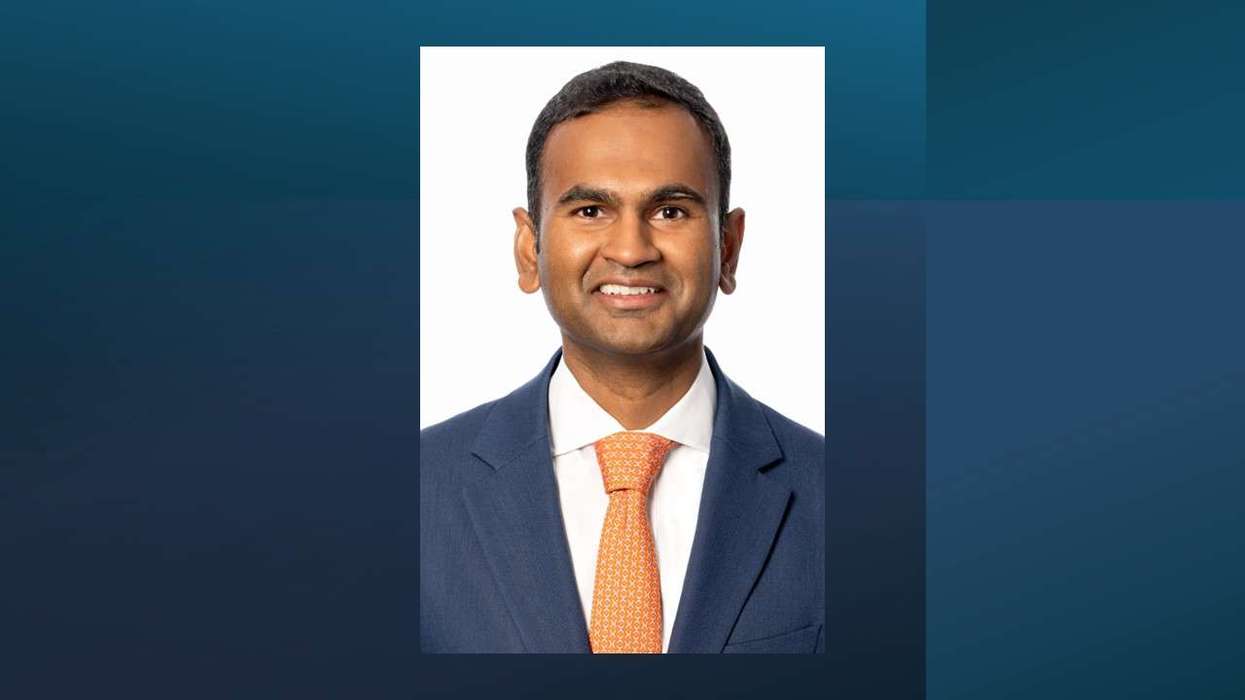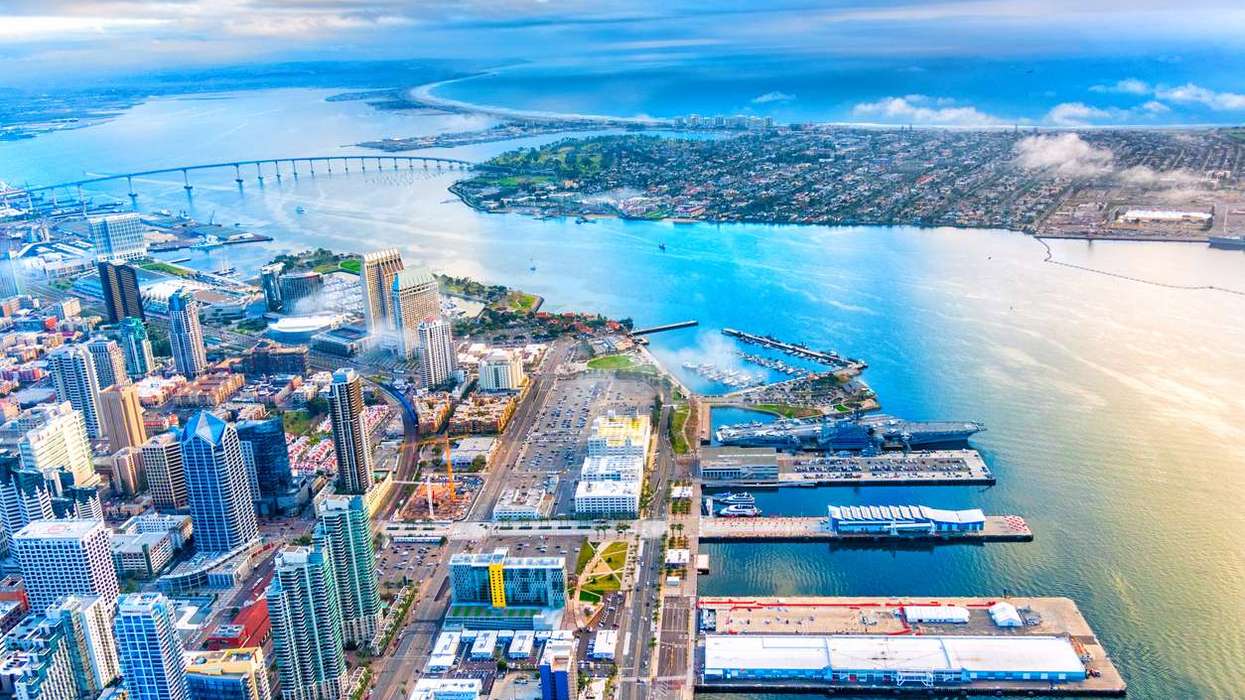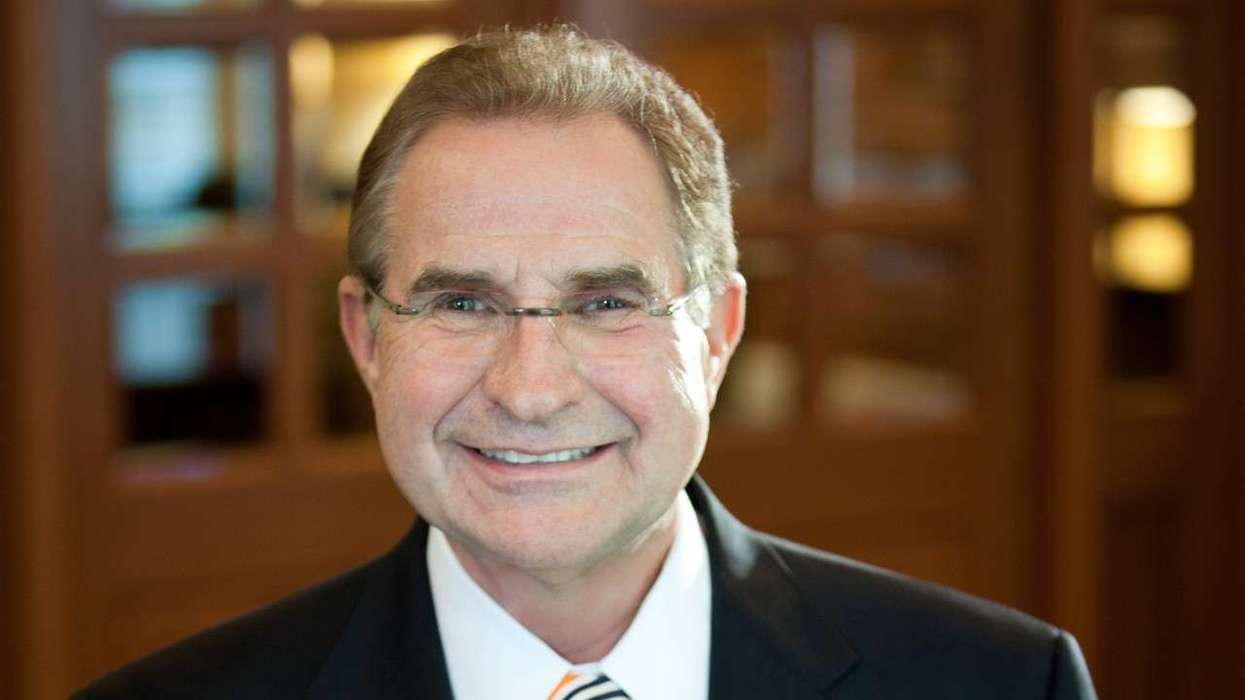FIRST-QUARTER EARNING announcements reveal a difference in how the COVID-19 pandemic has impacted U.S. hotel companies. Hilton has seen steep decline in RevPAR and closed several hotels, but Extended Stay America has seen much less RevPAR loss and fairly steady occupancy.
A dire forecast, but with hope
For the first three months of 2020, Hilton’s system-wide comparable RevPAR decreased 22.6 percent primarily as a result of decreases in occupancy, according to the company’s earnings statement. The company’s first-quarter management and franchise fee revenues decreased 18 percent as a result. Hilton has closed 1,000 properties, around 16 percent of its global portfolio.
"We are currently experiencing unprecedented times as a result of the COVID-19 pandemic, and our number one priority remains protecting the safety and security of our guests, team members and owners,” said Christopher Nassetta, Hilton’s president and CEO. “We have also taken precautionary measures to protect our business, including securing our liquidity position. Given the strength of our system and dedication of our people, we believe we are well-positioned to navigate this crisis and ultimately recover stronger."
Nassetta said RevPAR dropped 57 percent in March, the month the pandemic was declared, and he expects the impact on the second quarter will much more dramatic. The company is planning for a 90 percent loss in RevPAR in April, but he remained optimistic despite the first-quarter results.
“A full recovery will take time, and it could take several years to return to the hotel demand levels we experienced in 2019,” Nassetta said. “But as we shift our focus to the future, we are incredibly confident about the long-term prospects of the business and our model.”
Extended stay-ing power
By comparison, ESA’s system-wide RevPAR for the quarter declined 5.8 percent to $43.98. Its comparable system-wide RevPAR index stood at 107, a 12 percent increase compared to the first quarter of 2019, with the index increasing 32 percent in March.
“March and April saw the highest RevPAR Index scores for STAY in the company’s history by a wide margin,” said Bruce Haase, ESA’s president and CEO. “We believe that our positive RevPAR performance relative to the industry during this difficult time period demonstrates the resiliency of our extended stay business model and the unique characteristics of our business compared to traditional transient lodging brands. We are also pleased to see improved RevPAR and occupancy trends during the last few weeks compared to earlier in the nationwide response to the virus. We believe the company is in a strong financial position to navigate through this crisis and well positioned as the economy reopens.”
ESA forecasts depressed levels of RevPAR continuing into the second quarter, but with some signs of moderation. Other companies, including OYO Hotels, have reported increases in long-term stays during the pandemic.
STR, in its April 9 webinar based on its results for the week ending April 4, reported slighter RevPAR declines and higher occupancy for economy brands over other segments.





